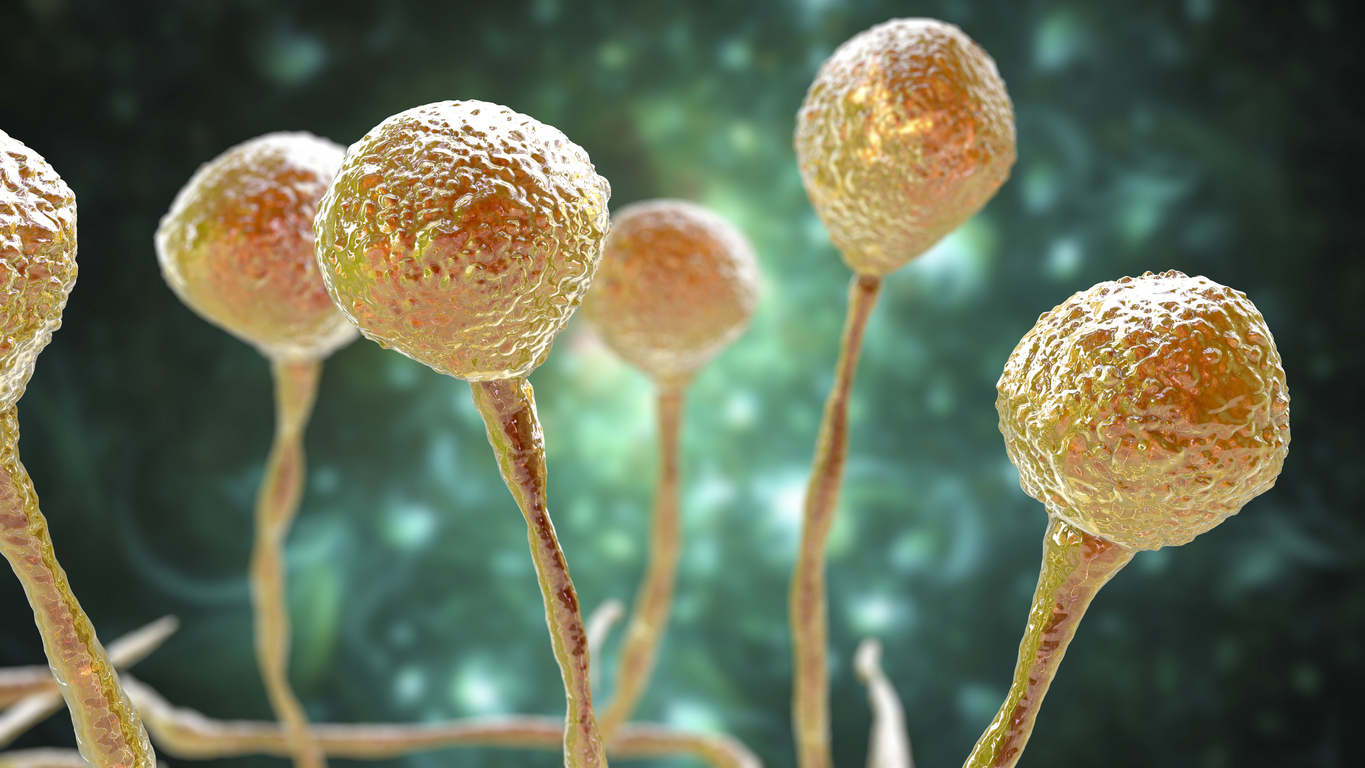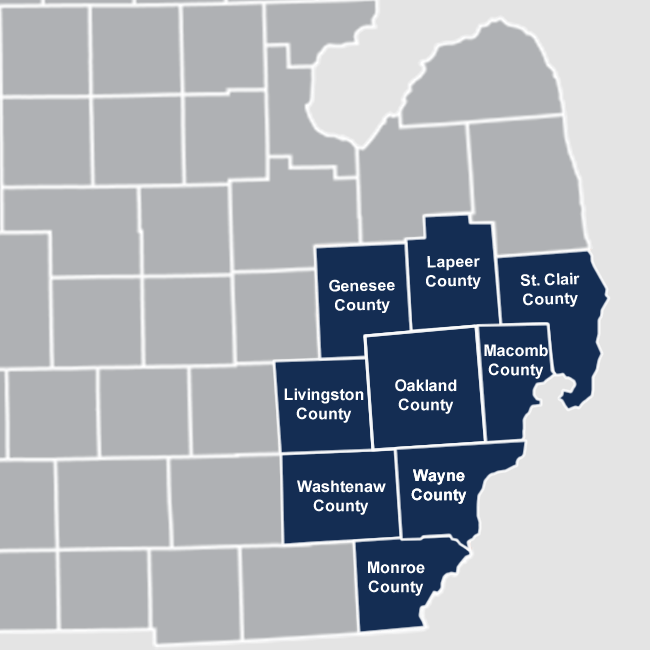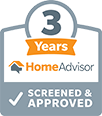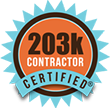Are Toxic Mold Spores Growing in Your Home?

Toxic mold can grow even at low temperatures. In the winter, mold usually grows in uninsulated areas that aren’t heated. Heated air rises to cold, therefore under-insulated places like the attic and can cause condensation allowing mold to grow. Cold temperatures can temper mold growth, but won’t kill spores. If you have a mold problem in the cold weather months you best believe it will worsen in the dog days of summer.
Mold, while not a scientific term typically, is best used to describe multiple types of fungi is ugly, furry, and oftentimes smelly. Found both indoors and out, toxic mold is unpleasant and unsightly.
Positively speaking, molds also create penicillin and cheese producing yeasts used to make bread, beer and wine. Mold spores are pretty much everywhere there’s moisture.
Consequently, moisture creates mold and if you don’t want mold you need to get rid of the moisture that’s creating it. Damp environments are the perfect place for mold and fungi to live. Whether in basements, attics, garages, or under sink cabinets mold can be found along with these:
- Bacteria
- Dust mites
- Bi-products of bacteria
- Airborne chemicals/gasses
Ugly mold and musty odors are the bi-product from the breakdown of matter. Anything it grows on can pose potential health problems and structural damage. Mold can cause allergies, infections and at its worst, a sick building that can affect quality of life. When people spend time in an environment where mold or fungi are present they can experience respiratory problems. Respiratory issues such as asthma, headaches, infections, and other symptoms are common.
Mold remediation expert, Spencer Yaklin, CEO of Advance Restoration gives us some perspective, “If you ‘re experiencing respiratory issues with no known cause and, you are concerned about mold, you can have the moist areas tested to determine the mold species by a professional hygienist. Large amounts of mold will require specialized techniques. Personal protective gear is necessary for proper and safe removal. Hiring a professional to remediate the mold based on testing is the best course of action. Remediation is critical to stopping the growth of mold and avoiding its return”.
Furthermore, any mold professional should insist on a test by a mold hygienist. The test will reveal the type of mold you are dealing with and let you know if you need a professional to then remediate the mold going forward. It’s important to hire an expert mold remediation team like Advance Restoration, or one that will:
What to expect from a mold remediation professional
- Proper safety PPE equipment
- Containment to Isolate mold work area
- HEPA air scrubbers and HEPA vacuums
- Commercial Strength dehumidifiers
- Discard moldy porous building materials
- Anti-microbial disinfectants to clean and sanitize
- Professional sealants to encapsulate treated areas
To remove mold and odors, call today to help return your commercial or residential property to pre-mold condition.














